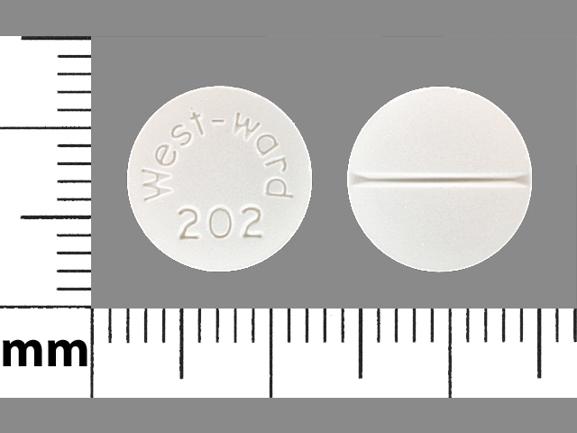Cortisone Interactions
There are 631 drugs known to interact with cortisone, along with 22 disease interactions, and 2 alcohol/food interactions. Of the total drug interactions, 89 are major, 506 are moderate, and 36 are minor.
- View all 631 medications that may interact with cortisone
- View cortisone alcohol/food interactions (2)
- View cortisone disease interactions (22)
Most frequently checked interactions
View interaction reports for cortisone and the medicines listed below.
- Aleve (naproxen)
- Aleve (naproxen)
- Benadryl (diphenhydramine)
- Benadryl (diphenhydramine)
- Celebrex (celecoxib)
- Celebrex (celecoxib)
- CoQ10 (ubiquinone)
- CoQ10 (ubiquinone)
- Eliquis (apixaban)
- Eliquis (apixaban)
- Flonase (fluticasone nasal)
- Flonase (fluticasone nasal)
- Lipitor (atorvastatin)
- Lipitor (atorvastatin)
- Lyrica (pregabalin)
- Lyrica (pregabalin)
- Mucinex (guaifenesin)
- Mucinex (guaifenesin)
- Synthroid (levothyroxine)
- Synthroid (levothyroxine)
- Tylenol (acetaminophen)
- Tylenol (acetaminophen)
- Vitamin B12 (cyanocobalamin)
- Vitamin B12 (cyanocobalamin)
- Vitamin C (ascorbic acid)
- Vitamin C (ascorbic acid)
- Vitamin D3 (cholecalciferol)
- Vitamin D3 (cholecalciferol)
- Zyrtec (cetirizine)
- Zyrtec (cetirizine)
Cortisone alcohol/food interactions
There are 2 alcohol/food interactions with cortisone.
Cortisone disease interactions
There are 22 disease interactions with cortisone which include:
- infections
- (+) tuberculin test
- cirrhosis
- depression/psychoses
- diabetes
- electrolyte imbalance
- fluid retention
- GI perforation
- hyperadrenocorticalism
- hyperlipidemia
- hypothyroidism
- liver disease
- MI
- myasthenia gravis
- myopathy
- ocular herpes simplex
- ocular toxicities
- osteoporosis
- PUD
- scleroderma
- strongyloidiasis
- thromboembolism
More about cortisone
- cortisone consumer information
- Compare alternatives
- Pricing & coupons
- Reviews (7)
- Drug images
- Side effects
- Dosage information
- During pregnancy
- Support group
- Drug class: glucocorticoids
- Breastfeeding
- En español
Related treatment guides
Drug Interaction Classification
| Highly clinically significant. Avoid combinations; the risk of the interaction outweighs the benefit. | |
| Moderately clinically significant. Usually avoid combinations; use it only under special circumstances. | |
| Minimally clinically significant. Minimize risk; assess risk and consider an alternative drug, take steps to circumvent the interaction risk and/or institute a monitoring plan. | |
| No interaction information available. |
See also:
Nplate
Nplate is used to prevent bleeding episodes in people with chronic immune thrombocytopenic purpura ...
Otezla
Otezla (apremilast) is used to treat plaque psoriasis, psoriatic arthritis, and oral ulcers ...
Benlysta
Benlysta is used for active systemic lupus erythematosus (SLE) or lupus nephritis in adults and ...
Saphnelo
Saphnelo is used for moderate to severe SLE (lupus) for adults who are also receiving other lupus ...
Skyrizi
Skyrizi (risankizumab) is used to treat plaque psoriasis, psoriatic arthritis, ulcerative colitis ...
Stelara
Stelara (ustekinumab) is used to treat Crohn's disease, ulcerative colitis, plaque psoriasis, and ...
Cosentyx
Cosentyx (secukinumab) is used to treat plaque psoriasis, psoriatic arthritis, ankylosing ...
Humira
Humira is a tumor necrosis factor blocker used to treat many inflammatory conditions in adults ...
Taltz
Taltz (ixekizumab) is used to treat plaque psoriasis, psoriatic arthritis, and ankylosing ...
Indomethacin
Indomethacin is used for ankylosing spondylitis, back pain, bartter syndrome, bursitis, cluster ...
Further information
Always consult your healthcare provider to ensure the information displayed on this page applies to your personal circumstances.


